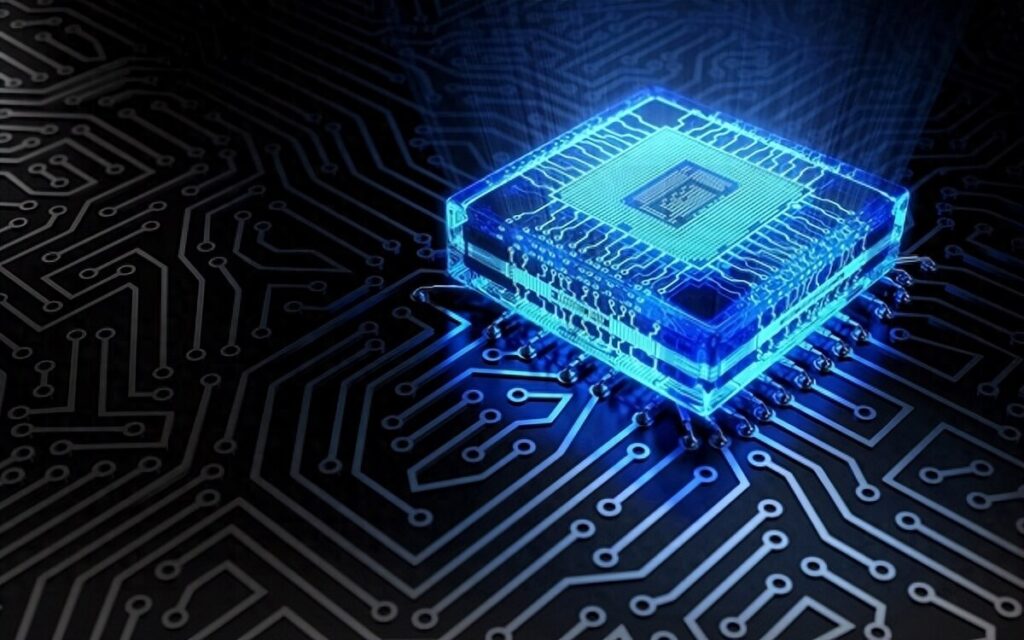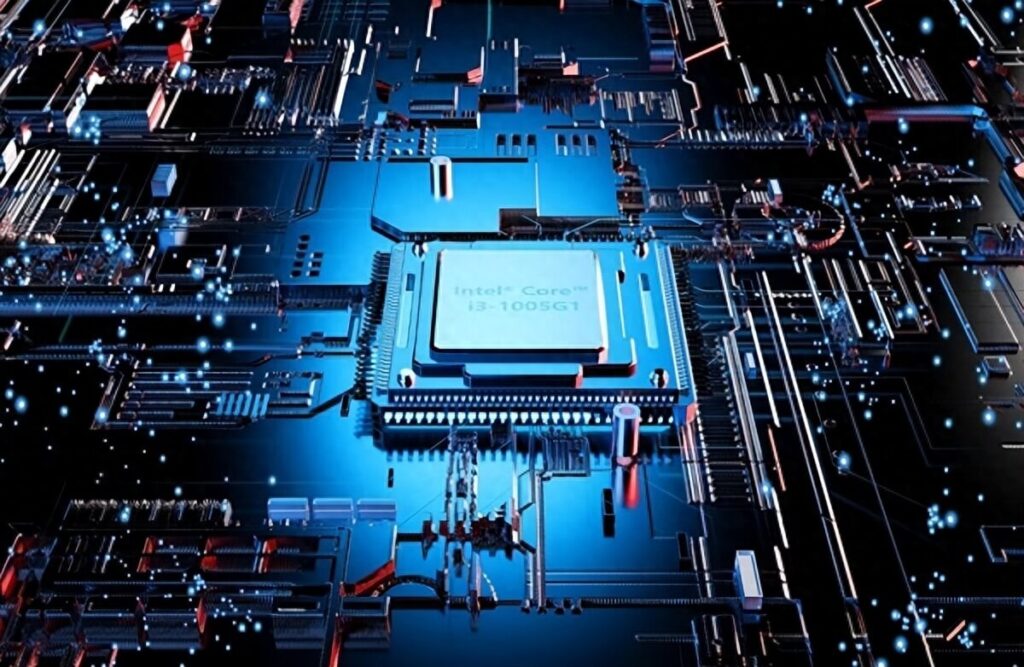The importance of chips is self-evident. In the continuous development of modernization, chips have permeated every field in the world. Any country wishing to progress towards ‘modernization’ must focus on chip technology.
According to China’s development plan, our country will be built into a socialist modernized strong nation by the middle of this century. Therefore, China will continue to seek breakthroughs and development in the field of chips. Unexpectedly, it has faced so-called sanctions from other countries.
01
Regarding China’s chip restrictions exemption, South Korea requests the United States
According to Reuters, South Korea has formally requested the United States to address uncertainties surrounding export controls in the U.S. chip industry and semiconductor investment subsidies.
The report comes as the one-year exemption period for Samsung Electronics and SK Hynix to import American chip manufacturing equipment to China is nearing its end.
South Korea’s Minister of Industry, Fang Wengui, held a meeting in Seoul with the U.S. Deputy Secretary of Commerce, Don Graves, to discuss this critical issue. The exemption currently allows South Korean companies to supply equipment to their chip production facilities in China without additional licensing requirements.

The uncertainty arises from the imminent expiration of the exemption in October, and the United States has not officially announced whether it will extend the exemption or introduce any new conditions that could impact companies’ production plans in China.
South Korea’s Ministry of Trade, Industry, and Energy stated that Minister Fang urged the U.S. Department of Commerce to “actively cooperate” in resolving export control-related issues but did not provide specific details.
Samsung Electronics and SK Hynix have significant chip production operations in China, collectively controlling a substantial portion of the global DRAM and NAND flash memory markets. Samsung manufactures NAND flash memory in Xi’an, SK Hynix produces DRAM chips in Wuxi, and NAND flash memory in Dalian.
Samsung operates a chip manufacturing plant in Xi’an, China, with the NAND flash memory output accounting for approximately 40% of its global production. The chip manufacturer also operates a semiconductor packaging plant in Suzhou.
SK Hynix currently operates multiple factories in China, including one in the eastern city of Wuxi, where the company produces about half of the global DRAM chips.
In related news, the U.S. Department of Commerce previously set certain conditions for applicants seeking subsidies under the CHIPS Act, including restrictions on expanding chip manufacturing in China within ten years of receiving funding. Analysts expect more details on these developments to be disclosed shortly.

Samsung is currently constructing a chip factory in Texas, with shipments expected to commence by the end of 2024. The company has also submitted preliminary applications for U.S. subsidies. According to anonymous sources, the results of these applications may be disclosed before the end of this year.
The American Innovation and Recovery Act (IRA) offers tax credits of up to $7,500 to each buyer of new electric vehicles assembled exclusively in North America. It also mandates that electric vehicle batteries must be made from minerals mined or processed in the United States or in countries or regions that have a free trade agreement with Washington.
02
Korean Media: “We’ve made a big mistake
Previously, almost all the countries and companies participating in sanctions against China were brimming with confidence, believing that China couldn’t withstand the comprehensive blockade. So when South Korea joined the four-nation alliance in the chip embargo, there was no hesitation.
They even arrogantly believed that China would quickly halt its progress under such a blockade and then capitulate to them. South Korea at the time undoubtedly harbored similar thoughts. According to official South Korean data, bilateral trade between China and South Korea reached 2.8 trillion Korean won in 2017, with chips representing the lion’s share.
This overwhelming data gave South Koreans a false impression, making them think that South Korean companies held China’s semiconductor lifeline. They believed that once South Korea’s semiconductor supply was lost, Chinese companies would struggle significantly.
It was this data that led South Korea to join the four-nation alliance and the ban on Chinese chips without the slightest hesitation.

Moreover, when South Korea restricted semiconductor exports to China, many South Korean semiconductor companies not only did not slow down production but actually increased semiconductor output.
In the eyes of South Korea, China seemed unlikely to withstand this round of sanctions, and they believed that if China failed in the trade war, the victors would be able to flood the Chinese market with their products.
However, reality did not unfold as South Korea had anticipated. They never imagined that amid the Sino-U.S. trade rivalry, South Korea would be the first to falter.
South Korea underestimated the determination and resilience of the Chinese people. They also couldn’t foresee that China had already begun to strategically position itself in the semiconductor industry long before. Similarly, South Korea didn’t anticipate that China would withstand the pressure and continue to advance, ultimately creating a semiconductor miracle of its own, especially in the face of Western technology restrictions imposed by Europe and the United States.
Recommended Reading:
- Korean AI Startup: 20% More Efficient Than NVIDIA
- Breaking News: Korea’s Ambitious $470.5B Chip Industry Plan
- Samsung’s Latest: US 3D DRAM Lab Sets New Standards
- Unequal Alliances: The Truth Behind US-Japan-Korea Ties

Disclaimer: This article is created by the original author. The content of the article represents their personal opinions. Our reposting is for sharing and discussion purposes only and does not imply our endorsement or agreement. If you have any objections, please contact us through the provided channels.








